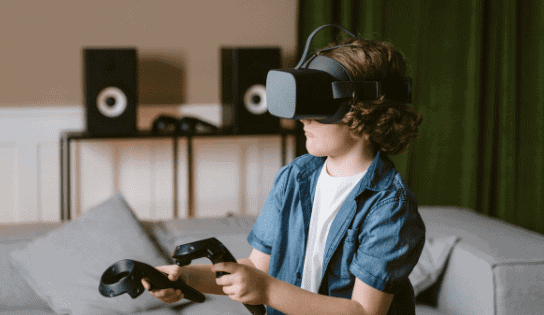
Influence of Teacher on Student Motivation: Opportunities to Increase Motivational Factors During Mobile Learning
In an experiment conducted over two semesters (Fall 2019 and Winter 2020), research indicated how time management training increases self-control and time spent on activities, leading to more academic success. Not surprisingly, however, during the pandemic when time structures dissolved and learning went online, there was an increase in leisure time.
25 Nov 2024

